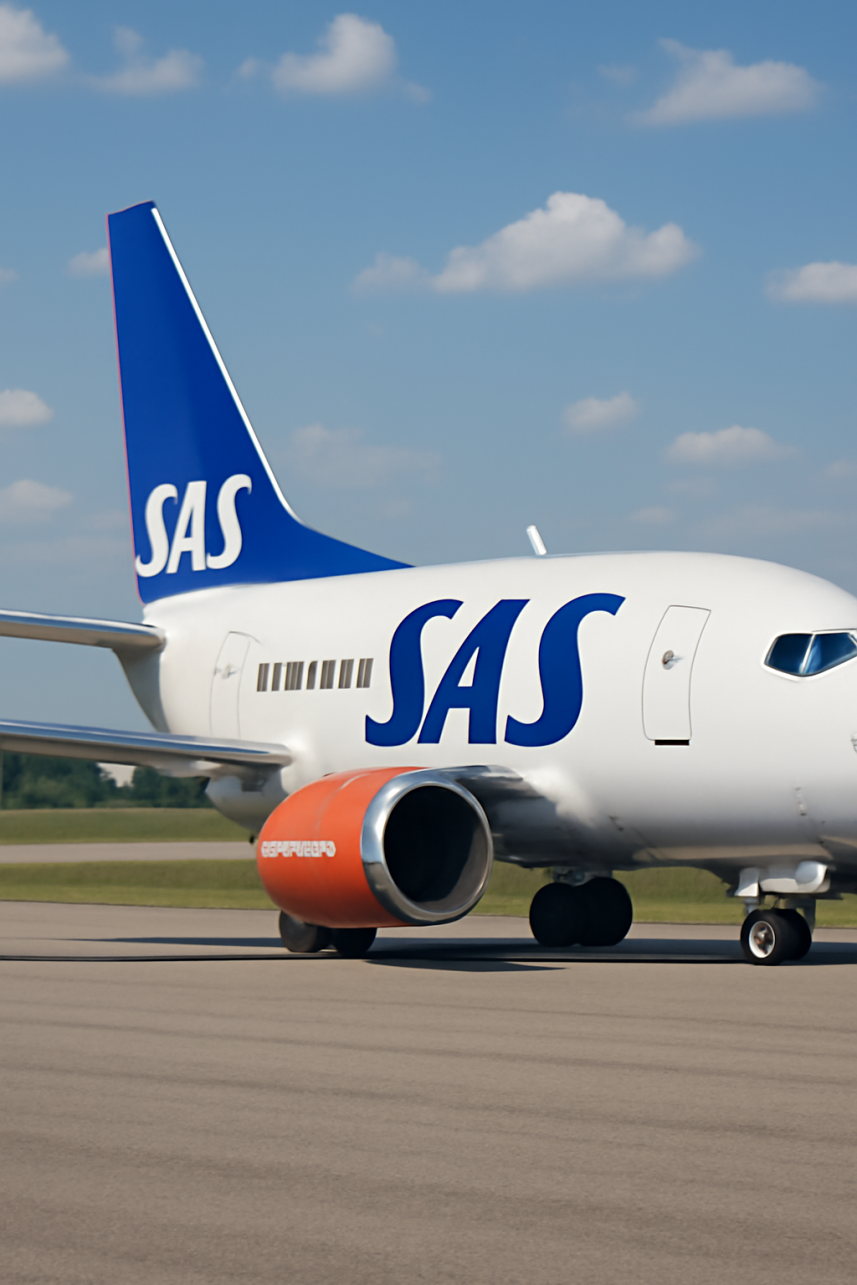Woman Sues Scandinavian Airlines for $10 Million After Scalding Coffee Spill on Flight: Full Details
Introduction:
In a case that has captured the attention of both the legal and aviation industries, a 78-year-old woman from New York City is suing Scandinavian Airlines for a staggering $10 million. The lawsuit comes after an incident where a flight attendant allegedly spilled a cup of scalding hot coffee on her during a flight, causing severe burns and long-term injuries. This incident, which took place on April 3, 2024, has sparked comparisons to the infamous McDonald’s hot coffee lawsuit from 1992. In this blog post, we will explore the details of the lawsuit, the legal precedents it references, and what this means for both passengers and airlines.
The Incident: What Happened on Flight SK 1464?
On April 3, 2024, Aymara Corbo, 78, and her husband, Giuseppe, were traveling on Scandinavian Airlines Flight SK 1464, flying from Copenhagen, Denmark to Oslo, Norway. According to the lawsuit, the flight attendant allegedly served Aymara an “excessively hot cup of coffee,” which caused the cup to spill onto her during the flight.
The spill resulted in severe burns to Aymara, leading to pain, suffering, scarring, and a significant loss of enjoyment of life. The lawsuit claims that the coffee was excessively hot, which contributed to the severity of the injuries. Furthermore, Aymara alleges that her injuries caused her both physical and emotional distress, resulting in long-term damage.
As detailed in the court filing, Aymara’s legal team is invoking several international legal frameworks to hold Scandinavian Airlines accountable. These frameworks include the Warsaw Convention Treaty, the Montreal Convention, and the International Air Transport Association Inter-Carrier Agreement on Passenger Liability, which are designed to address liability issues in international air travel.
Giuseppe Corbo’s Legal Claim
In addition to Aymara’s personal injury claim, her husband Giuseppe is also seeking damages. Giuseppe claims to have suffered from the “loss of his wife’s services, society, and consortium,” a legal term that refers to the emotional and companionship losses he endured as a result of his wife’s injuries. He is requesting $1 million in damages, exclusive of interest and costs, to compensate for the strain the incident has caused on their relationship and finances.
The Legal Precedents: McDonald’s Hot Coffee Case
This lawsuit is drawing comparisons to the famous 1992 McDonald’s hot coffee case, where Stella Liebeck sued the fast-food chain after spilling a cup of coffee in her lap and suffering third-degree burns. Liebeck initially sought $20,000 to cover medical expenses, but after the company offered only $800, she proceeded with the lawsuit. The case eventually resulted in a jury award of $2.7 million in punitive damages, although this amount was later reduced.
Like Liebeck’s case, the Corbos are highlighting the dangers of excessively hot beverages, particularly in environments like airplanes where passengers may have limited ability to react quickly to spills. The lawsuit argues that Scandinavian Airlines should have known the risks of serving such hot beverages and should have taken extra precautions to prevent accidents.
Legal Implications: International Liability and Airline Responsibility
The Corbos’ lawsuit is notable not only because of the severity of the injuries but also due to the legal frameworks it references. The lawsuit seeks to waive the typical liability limits placed on airlines by international treaties such as the Montreal Convention, which governs passenger rights and compensation in international air travel. By invoking these treaties, the Corbos are attempting to secure a higher level of compensation than what is usually permitted under these agreements.
Airlines have long been held to high standards of care when it comes to passenger safety, but incidents like this highlight the need for heightened awareness regarding the safety of services provided, such as hot beverages. While flight attendants are trained to serve drinks safely, accidents can and do happen, leading to significant consequences for both passengers and the airline involved.
Conclusion: The Future of Airline Liability and Passenger Safety
The lawsuit filed by Aymara and Giuseppe Corbo represents more than just a personal grievance—it’s a statement about the standards of care that airlines should maintain for passenger safety. While the outcome of this case remains uncertain, it could set a significant precedent for how similar incidents are handled in the future.
This case also brings to light the broader issue of liability in air travel. With international treaties like the Montreal Convention in play, passengers may seek to hold airlines accountable for accidents that occur during flights, even for incidents as seemingly minor as a spilled cup of coffee. As the legal proceedings unfold, the aviation industry will likely face increased pressure to review its protocols for serving hot beverages and to ensure that such incidents do not happen in the future.
Ultimately, this lawsuit serves as a reminder to both passengers and airlines alike that safety and care should always be top priorities in the aviation industry. Whether it’s a spilled cup of coffee or a more serious accident, ensuring the well-being of passengers should remain at the forefront of airline operations.


0 Comment